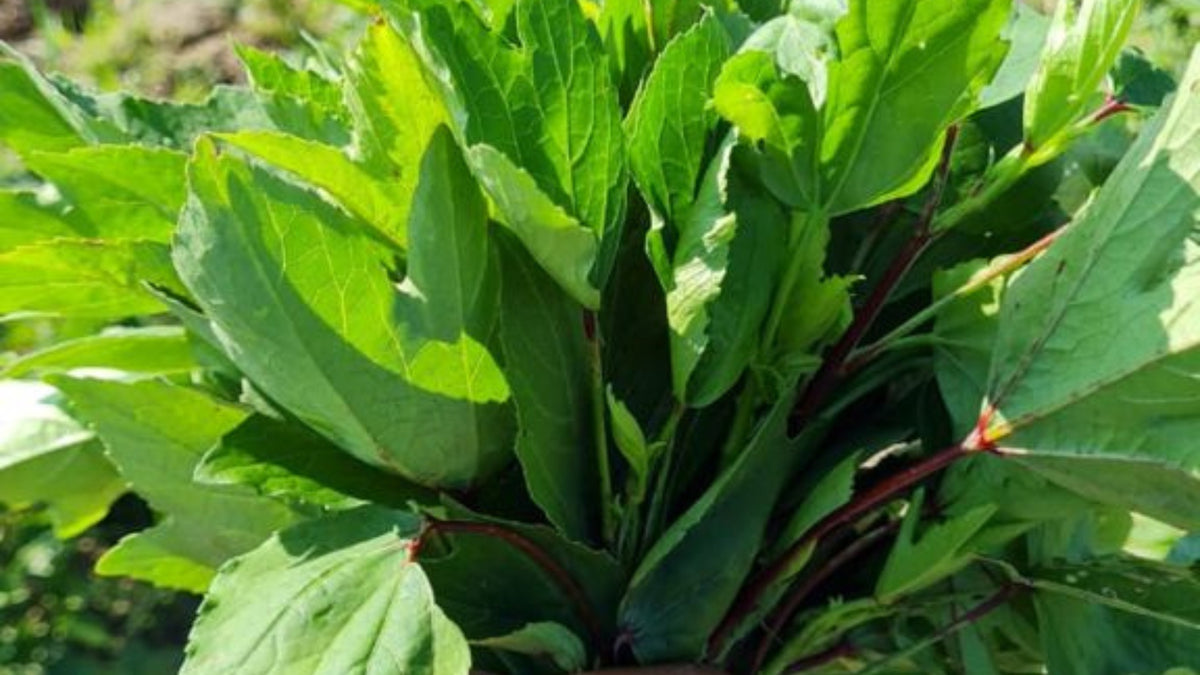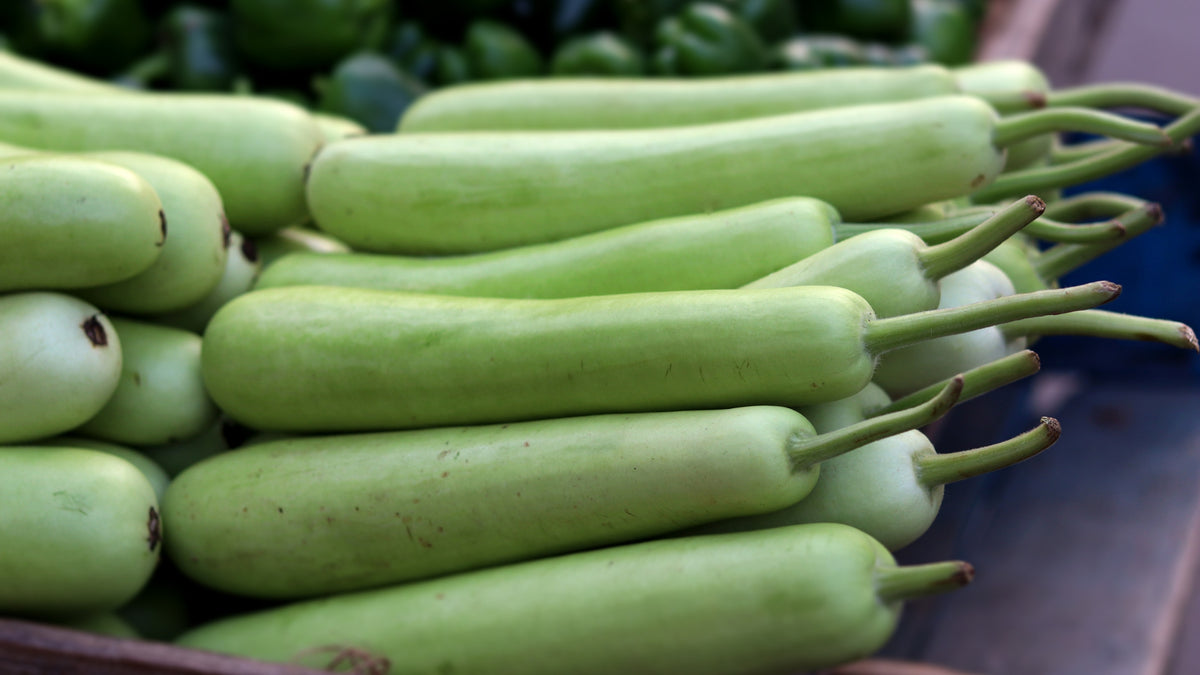
Managing Common Headaches with Ayurveda

Headaches are one of the most common causes of pain and can be a disorder in itself or a symptom of another disorder. Among the different types of headaches, tension headaches and migraines are the most common. The symptoms include pain that has a throbbing, squeezing, or burning sensation felt anywhere on the head or neck.
Tension Headaches
Tension headaches are also known as a stress headaches and depending on the stressor can last anywhere from 30 minutes to a few days. Ayurveda refers to headaches as Shirashoola and when a tension headache is associated primarily with vata dosha it is called Vatika Shirashoola.
When tension headaches are caused by an aggravated vata dosha other symptoms of vata imbalance will also be present. Pain itself is related to an aggravated vata dosha as well as symptoms like muscle stiffness, sleeplessness, constipation, gas, bloating, low appetite, and low energy are also symptoms of vata aggravation.
Balancing an Aggravated Vata Dosha
To understand how vata dosha becomes aggravated, a complete assessment of your diet and lifestyle should be done to pinpoint your triggering factors. Vata governs all movement in our bodies which means circulation, respiration, heart rate, hunger, thirst, sleep, thinking, talking, are all governed by vata dosha.
Our daily modern lives are constantly aggravating vata dosha. Vata becomes aggravated when we overdo, underdo or irregularly do things that affect our bodies. For instance, when we skip meals, eat at irregular times, go to sleep too late, endure stress for long hours at work, continuously talk to people all day, indulge in foods that are overly spicy or sour, too much alcohol, eating foods that do not digest well, eating too fast or while on the go, suppressing natural urges like delaying going to the bathroom, sitting in cold air-conditioning, or suppressing emotions like anxiety, anger, or grief.
It is near impossible to avoid aggravating vata dosha, however we can limit the impact. By not overexerting ourselves, limiting spicy and sour foods, avoiding alcohol, eating only warm cooked meals that pacify vata dosha, eating at regular times, mindfully planning all activities, and sleeping by 10 pm, will help balance vata dosha.
Herbal Support for Shirashoola
Ashta Churnam balances vata and pitta dosha and the main herb hing supports appetite and digestion, while calming bloating and gas.
Dhanwantara Arishtam balances both vata and pitta dosha, the main herbs are dasamula and ashwagandha which support and nourish the muscles, nerves, and bones, and helps reduce inflammation and pain.
Dhanwantaram Kwatham balances vata and pitta dosha, the main herbs bala and dasamula help lower pain and inflammation of the joints by strengthening the muscles, bones, and nerves.
Dhanwantaram (101) SoftGel Capsule balances vata dosha, supports and nourishes vata disorders relating to muscles, bones, nerves, and joints.
Migraine Headaches
Migraine is another common type of headache and is associated with a group of symptoms known as Migraine Syndrome. The main symptom is a one-sided, throbbing headache often accompanied by nausea, sensitivity to light and sound. Some people may also experience blind spots, blurred vision, excessive yawning, and mild confusion before the migraine pain starts.
In Ayurveda, there is a similar disorder known as Suryavarta. Surya means “the sun” and avarta means “affliction or blockage.” In Ayurvedic texts, it is described as a headache that starts around sunrise and the intensity increases until midday and naturally subsides near sunset.
Suryavarta is well explained in the Ayurvedic text and is primarily known to be caused by withholding natural urges, such as hunger, thirst, elimination, or sleepiness. This leads to the aggravation of vata dosha in the rakta dhatu (blood channel) in the region of the head. Another factor is eating foods that aggravate pitta dosha like processed or leftover foods that are old and lack nourishment.
Balancing Aggravated Vata and Pitta Dosha
As mentioned, it is near impossible to avoid aggravating vata dosha in our daily lives. And so, it is essential to practice a regular daily routine for all your activities to help calm an aggravated vata dosha. Suppressing the body’s natural urges is not a well-known causative factor, however Ayurveda has well-documented this as a cause for many disorders including migraines.
When we suppress any natural urge it blocks the natural flow of vata throughout the body. When the natural downward movement of vata dosha moves in an upward direction it will cause symptoms like constipation, indigestion, difficulty swallowing, sinus congestion, coughing, hiccupping, headache and migraines.
When a person has chronic migraines, Ayurveda recommends a process called shodana also known as panchakarma to expel the aggravated accumulation of dosha and redirect the proper flow of vata. This process is followed by a pacification of the dosha to balance and redirect back to a normal state. This requires the expertise of an Ayurvedic doctor or practitioner and is considered the most beneficial way to manage migraines according to Ayurveda. Suryavarta is purely a vata-dominant disorder which requires vata therapies such as ghrita pana, ghrita nasya, shiro pichu and shirobasti.
Herbal Support for Suryavata
Dadimadi Ghritam balances vata and pitta dosha, and the main herb dadima (pomegranate) helps to improve appetite, indigestion, and promote colon health.
Kumarya Asavam balances all three doshas, the main herb aloe vera supports and nourishes the female reproductive system, especially the uterus and balances the menstrual cycles.
Pathyakshadhatryadi Kashayam balances vata and pitta dosha, the main herbs haritaki and bibitaki help support both head and body pain.
Migrakot Tablet balances vata and pitta dosha, the main herbs haritaki and bibitaki help support both head and body pain and is the same formula as Pathyakshadhatryadi Kashyam but in a tablet form.
Migrakot Oil (100 ml) is a unique nongreasy formula that is made especially for applying to the head and scalp. It balances vata dosha, has a cooling effect and contains herbs that help support head pain.
Chandanadi Oil balances pitta dosha, the main herb chandana (sandalwood) supports head pain with burning sensation and is a useful head oil for conditions related to pitta.
Kadaliphaladi Oil balances both vata and pitta dosha, the main herb is banana flower which helps support head pain and sleep issues.
Suryavarta is a common troubling complaint for many people. It is thought for some people it may be hereditary, for others it is from poor quality foods and/or irregular eating habits. Stress plays a significant role, as well as staying awake at night, traveling, chemicals and synthetic scents, smoking and alcohol. A well-disciplined lifestyle is recommended to help keep Suryavarta from reoccurring.
AYURVEDIC CONSULTATION
Kottakkal is committed to offering the highest quality Ayurvedic Healthcare. We offer two ways to have an Ayurvedic consultation. 1. Free 15-minute Consultation with our Ayurvedic practitioner, Julie Wardwell, for when you need a product recommendation for a basic health problem. 2. In-depth Consultation with our Ayurvedic doctor, Vaidya Vishwanath Guddadar for when your condition is chronic with multiple symptoms.
Disclaimer: These statements have not been evaluated by the Food and Drug Administration. Kottakkal Ayurveda products and information are not intended for use in the diagnosis, treatment, cure, or prevention of any disease. If you have serious, acute, or chronic health problems, please consult a trained health professional. If you are seeking the advice of a trained Ayurvedic professional, call (800) 215-9934 or email us at contact@kottakkal.shop. We will provide you with information to consult with Ayurvedic professionals. Always check with your doctor before taking herbs when pregnant or nursing.
Also in Healing with Kottakkal Ayurveda

Food is Medicine - Organic Gongura Leaf
Gongura, often referred to as Indian sorrel, is a leafy green vegetable packed with an array of health benefits. This vibrant green is a treasure trove of essential vitamins, minerals, and antioxidants.

Food Is Medicine - Organic Bottle Gourd

Boosting Energy and Rejuvenation with Narasimha Rasayana
Narasimha Rasayanam is an herbal jam formulated with base ingredients of butter, honey, and milk. This time-tested remedy is believed to promote balance within the body's three doshas, vata, pitta, and kapha and supports a range of health concerns. From supporting physical strength and hair health to promoting rejuvenation and cognitive function, Narasimha Rasayanam offers a multifaceted approach to well-being.


Kottakkal Support